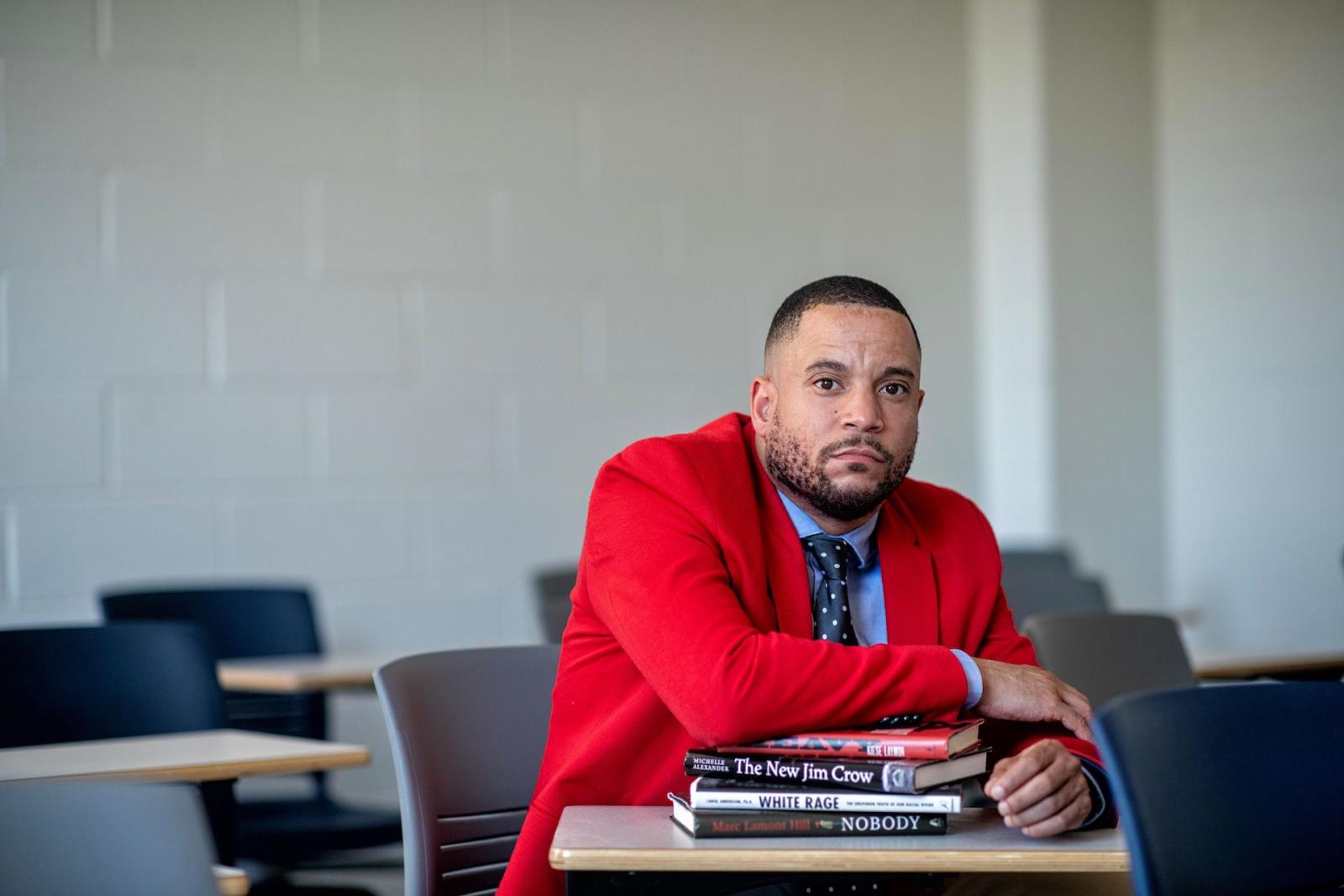On May 25, 2020, former Minneapolis police officer Derek Chauvin put his knee on George Floyd’s neck for nine minutes and 29 seconds, killing him.
The world protested, with thousands taking to the streets to demand “justice” for a murder we all saw on cell phone video, thanks to a teenage Black girl, Darnella Frazier, now the recipient of a Pulitzer citation for her bravery. “No justice, no peace” was among the rallying cries of Howard students who led a march in June 2020 from the hilltop campus to the White House, demanding change.
In March, the city of Minneapolis settled the Floyd family’s civil lawsuit for $27 million, the largest pretrial settlement in a wrongful death case ever. And most of us released a sigh of relief when Chauvin was found guilty by jurors on April 20.
With the request from Chauvin’s legal team for a new trial denied, Chauvin was sentenced to 22.5 years in prison on June 25, the longest sentence for any former police officer in Minnesota history under state law. He will likely serve 15 years in state prison. Federal charges are still pending.
The racial profiling and police brutality I’ve survived was never recorded – as if it never happened.”
For most Black Americans, the jury’s guilty verdict was a welcome occurrence and a rare instance in which “justice” seemed possible in an imperfect and biased criminal justice system. However, Chauvin is an anomaly; most cops are never charged, let alone arrested, stripped of their careers and put on trial.
The Washington Post has tracked fatal shootings by on-duty police officers since 2015. Every year, The Post has found about 1,000 deadly shootings. In most cases, officers were not charged with any wrongdoing. But, far too often, Black people have been killed by police, and we don’t even know most of those instances, their names or their stories. We don’t know because cultural norms, legal codes and “good ol’ boy” police union protections have disposed of Black life without reservation for centuries.
When I was a teenager in my hometown of Toledo, Ohio, I was regularly pulled over by cops with their guns drawn and their knees in my back under the guise of “looking like a suspect.” The racial profiling and police brutality I’ve survived was never recorded – as if it never happened.
What justice is and what it requires is a question we examine in my contemporary political theory courses. Chauvin’s sentencing is not “justice” because Floyd is dead and Chauvin will get out of prison when he’s 60. “Justice” won’t come until our laws are changed to redress the murderous wrongs inflicted upon Black Americans at the hands of the state. In our democratic republic, that work will require all of us to choose to participate and vote in local and state elections.
Biased policing in America will be solved politically. The George Floyd Justice in Policing Act has been passed twice by the U.S. House of Representatives. It’s now the U.S. Senate’s turn. When more Black Americans seek elected office and build coalitions to achieve the goal of systemic change, I might say justice has been served. Until then – the battle rages on.
Ravi K. Perry, Ph.D., is professor and chair of the Department of Political Science.
Article ID: 41




